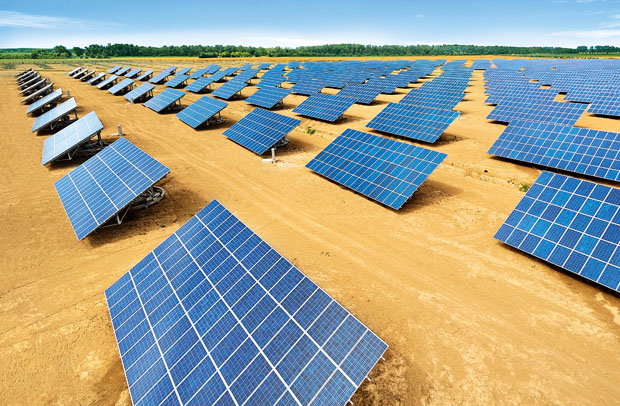“The Italian government has shown an unseen attitude towards the renewable energy sector, our association is satisfied with this new course, as well as that of the GSE and the Italian Regulatory Authority for Energy, Networks and the Environment (ARERA), whose representatives were are also present at yesterday’s meeting at the MISE to discuss the details of the new decree for renewables,” Alberto Pinori, president of Anie Rinnovabili told pv magazine.
In the meeting, which was held at the Italian Ministry of Economic Development (MISE), Italy's Undersecretary for Economic Development, Davide Crippa discussed further changes that could be made to the previous version of the draft decree, and which could provide even more growth for solar energy.
According to Pinori, the €12/MWh additional tariff that would be granted to solar projects up to 1 MW linked to the removal of asbestos roofs may also be extended to self-consumed power, and not only to that injected into the grid.
Another change, according to him, relates to the prioritization of renewable energy projects linked to EV recharging stations. “According to previous rules, a 1 MW project should have been linked to a 300 kW recharging unit, while with the new changes, this may have a minimal capacity of 15 kW,” he said.
Another important, and controversial, point in the decree is also being addressed: the rehabilitation of polluted or soil-degraded areas for large-scale projects selected in upcoming renewable energy auctions. According to Pinori, developers could be granted two or three additional years for project development, as the rehabilitation of these surfaces will have to be finalized, prior to power plant construction.
It must be noted that the reason for authorizing auctions’ projects only on un-used surfaces was mainly due to the government's intention to ban incentives for large-scale PV from agricultural areas. “Nevertheless there is a lot of ferment among the photovoltaic operators that are trying to develop projects in market parity on agricultural areas,” said Pinori.
Furthermore, he has praised the continuity between the former and the current governments in implementing Italy’s energy strategy (SEN). “The current government has accepted to rely on the draft decree of the previous government with no ideological prejudices. This must also be welcomed as a new way to handle energy policies in our country,” Pinori said.
Anie Rinnovabili’s president went on to stress the importance of another measure contained in the decree, which states that all solar projects will have to rely on new PV components, with no option for using regenerated modules. “We believe that the solar sector needs continuous innovation, and that new technologies, such as bifacial panels among others should be promoted now,” Pinori said.
Despite the favorable position of solar within this new renewable energy program, Anie Rinnovabili believes the current proposal does not take proper account of the role of hydropower, which in Italy is still the largest renewable energy source. “A more balanced approach, with a larger share of wind and hydropower, is what we suggested, because a renewable generation mix is an important value that ensures renewable energy during the 12 months of the year,” Pinori concluded.
Under the new decree, which will very likely be promulgated in October, large-scale solar and wind will compete in a series of auctions that could bring around 4.8 GW of new capacity online. The first 500 MW auction is planned for late January 2019.
Furthermore, tenders will be held for renewable energy projects not exceeding 1 MW in size, totaling 650 MW for solar and wind, and 700 MW for PV projects linked to removal of asbestos covers. These projects will secure an additional tariff.
This content is protected by copyright and may not be reused. If you want to cooperate with us and would like to reuse some of our content, please contact: editors@pv-magazine.com.




By submitting this form you agree to pv magazine using your data for the purposes of publishing your comment.
Your personal data will only be disclosed or otherwise transmitted to third parties for the purposes of spam filtering or if this is necessary for technical maintenance of the website. Any other transfer to third parties will not take place unless this is justified on the basis of applicable data protection regulations or if pv magazine is legally obliged to do so.
You may revoke this consent at any time with effect for the future, in which case your personal data will be deleted immediately. Otherwise, your data will be deleted if pv magazine has processed your request or the purpose of data storage is fulfilled.
Further information on data privacy can be found in our Data Protection Policy.